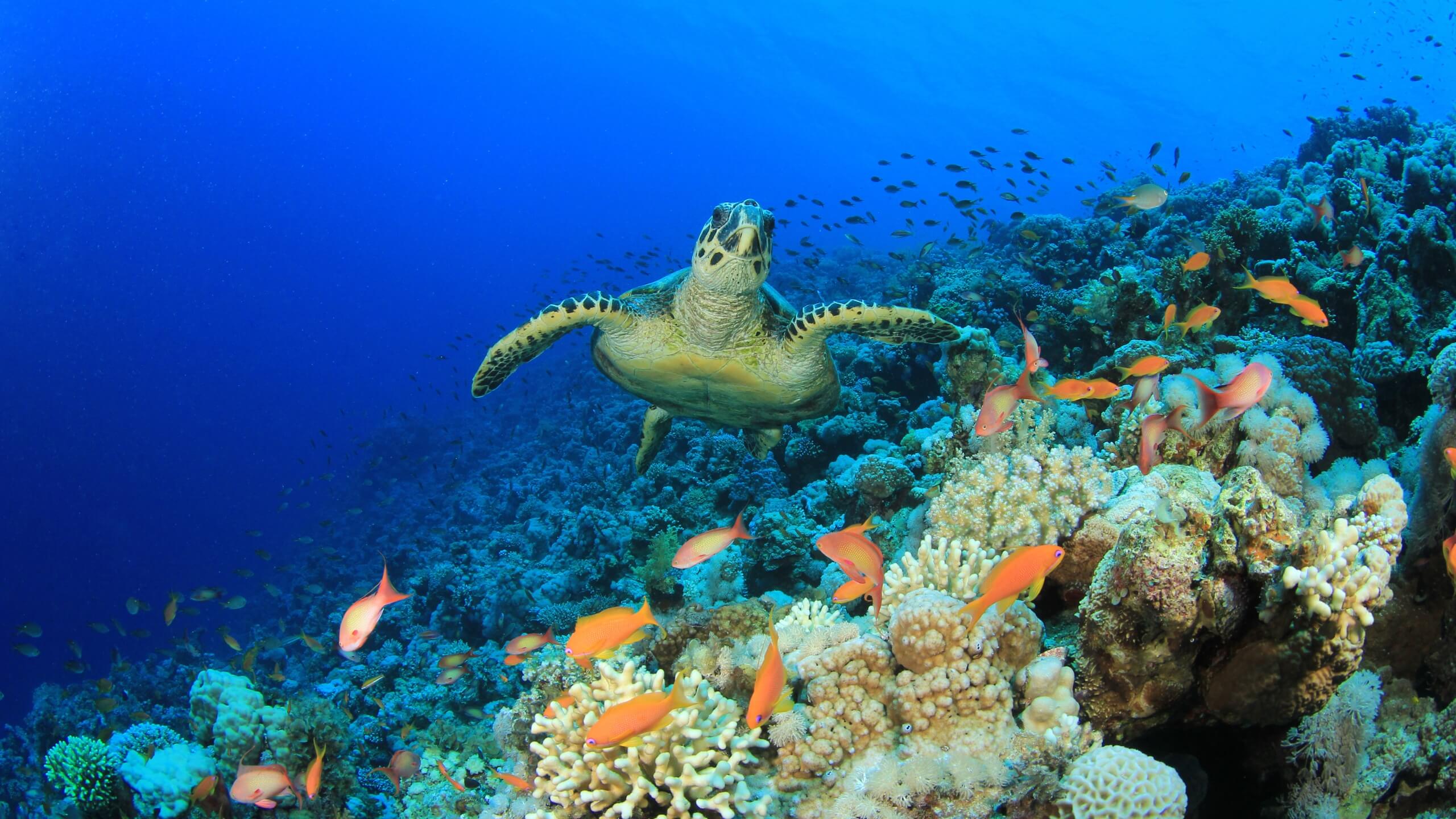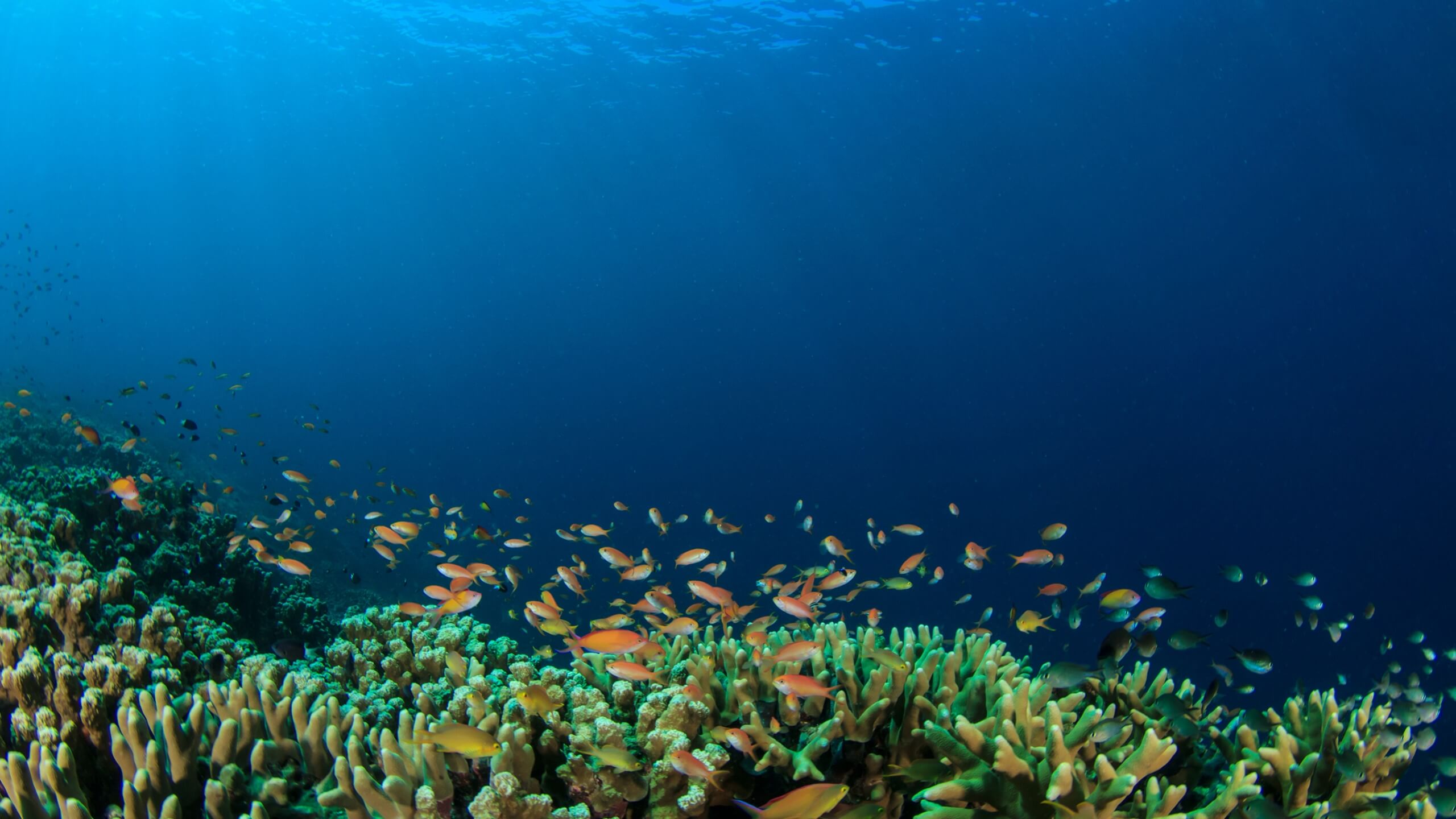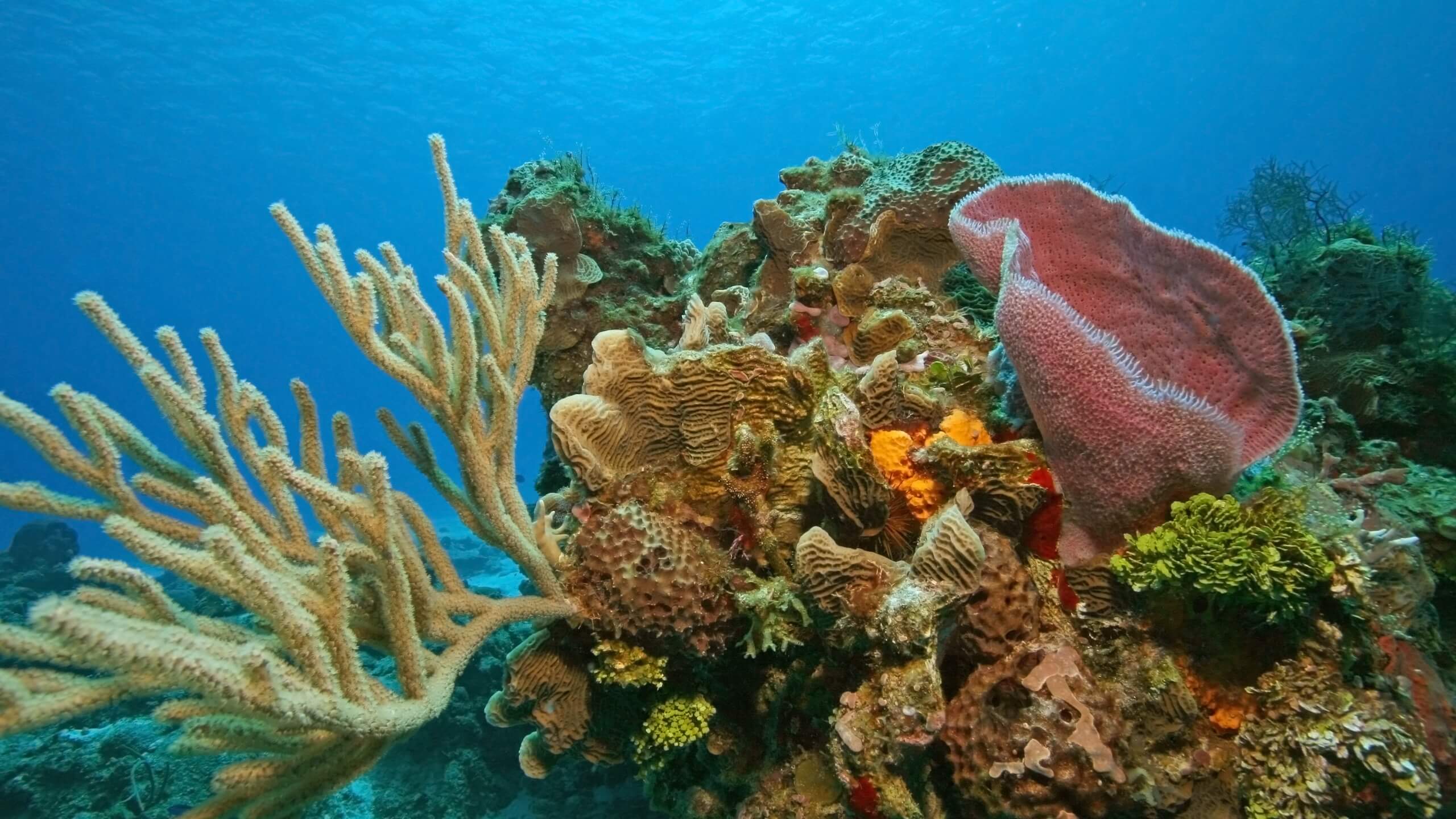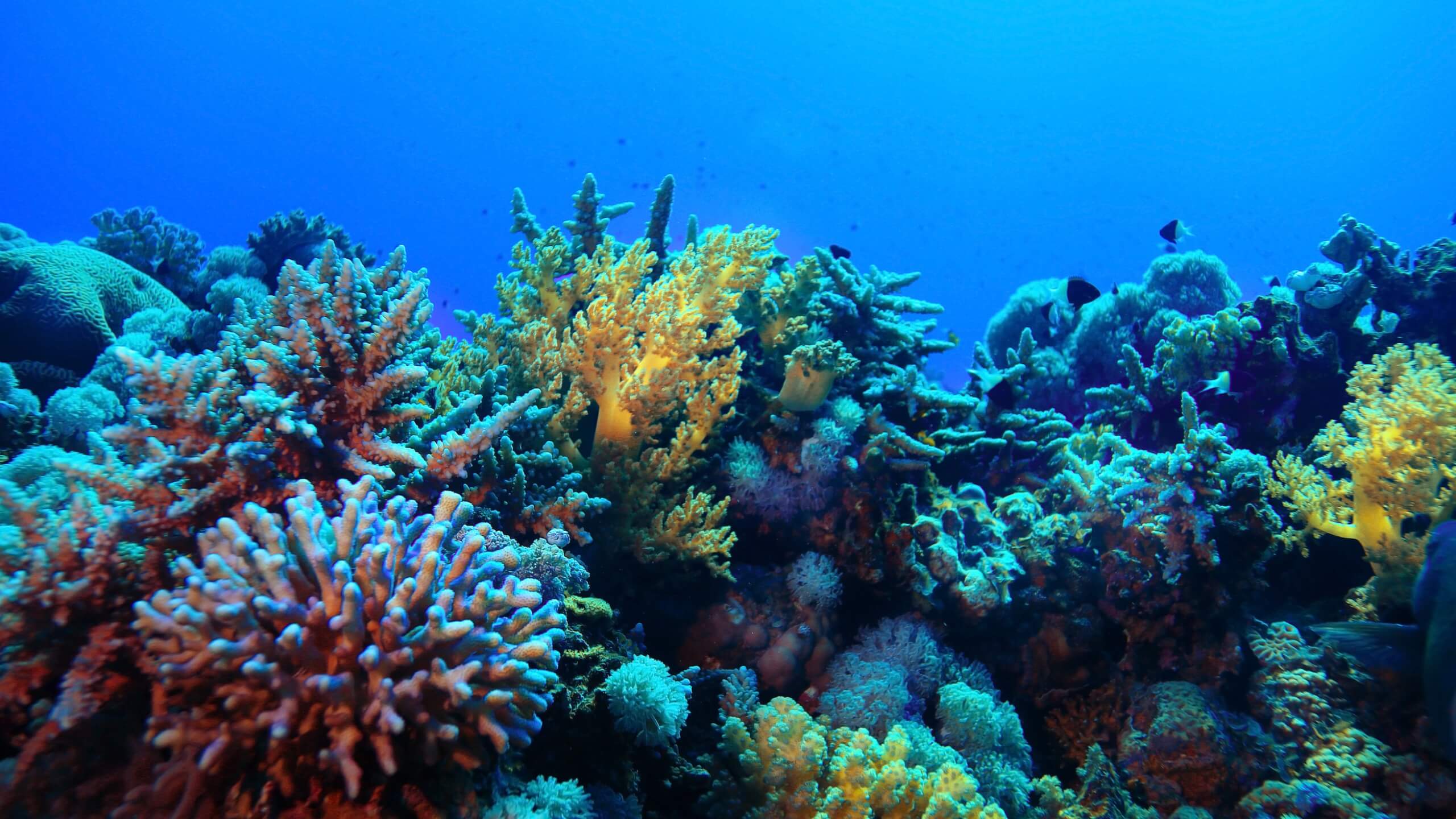Coral reefs are huge structures underwater that are deposited and built by coral polyps. While corals are marine invertebrates and colonial animals that belong to the class Anthozoa and phylum Cnidaria. Coral reefs are also known as the “rainforest of seas”, because they are one of the most diverse ecosystems on Earth. They provide a large part of biodiversity on our planet. It has been estimated that about 25% of all marine life inhabits or depends on coral reefs. Here, we gathered all the information about why they are important and how they benefit humans.
Why Are Coral Reefs Important
Coral reefs are a vital part of our planet’s ecosystem. coral-reefs-importance-0 The following are some of the major reasons that make coral reefs so important:
1. Biodiversity in Coral Reefs
Healthy coral reefs play a vital role in the preservation of marine biodiversity. As the most diverse ecosystem on Earth, numerous species of fish and other marine life (crustaceans, mollusks, and many more) depend on coral reefs for habitat and food. Scientists estimated that about 25% of all marine life live in and around coral reefs.
Also Read: Why are coral reefs dying?
Besides that, coral reefs serve as nurseries for many fish and other aquatic animal species. It provides them shelter and food sources until they become able to find their way in the wild. It has been estimated that coral reefs serve as living, feeding, spawning, and nursery ground for more than 1 million species of aquatic animals.
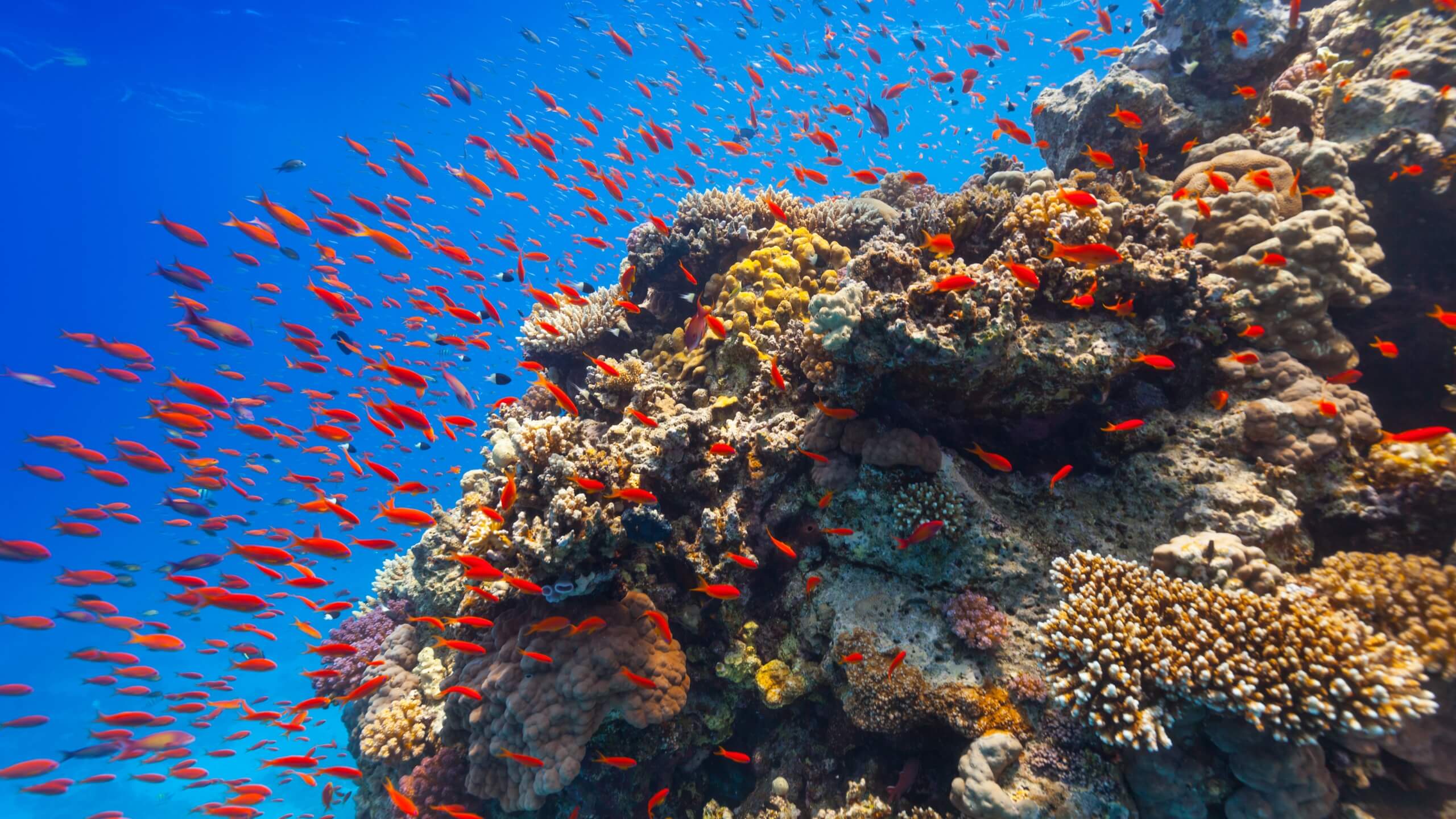
2. Coral Reef’s Role in Climate Regulation
Coral reefs also play a role in climate regulation. They absorb large amounts of CO₂ to develop calcium carbonate structure over time, and so help to reduce the atmospheric carbon level. In addition, coral reefs are home to photosynthetic algae and other photosynthetic marine organisms that produce a significant part of our earth’s oxygen through photosynthesis.
3. Coastal Protection by Coral Reefs
Coral reefs play a surprising role to protect coastlines and coastal infrastructure from storms, floods, tsunamis, and erosion by strong waves or hurricanes. Coral reefs act as natural buffers or breakwaters that absorb wave energy and reduce wave action before it reaches the shoreline.
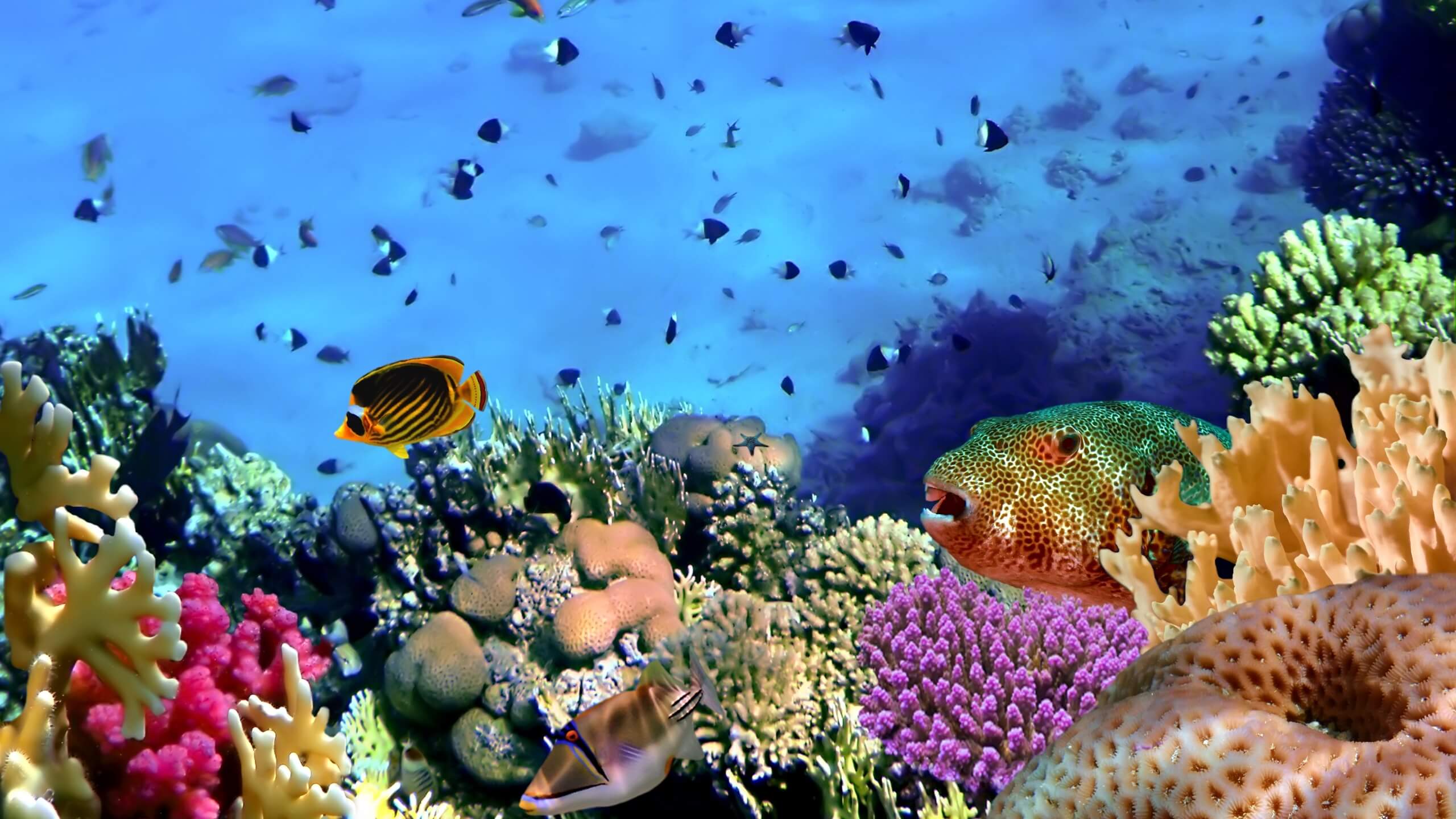
4. Economic Value
Coral reefs have great economic value and generate billions of dollars for local communities living near them. It supports local economies through the opportunities for recreation and tourism, such as fishing, snorkeling, and scuba diving expeditions.
5. Medicinal Value of Coral Reefs
The plants and animals of coral reefs are of great interest for scientific research to discover and develop new medications. They have been used to develop new medicines for the treatment of cancer, heart disease, Alzheimer’s disease, human bacterial infections, viruses, and other health problems. For this reason, coral reefs are sometimes called 21st-century medicine cabinets.
6. Importance as a Food Source
Coral reefs are a food source for humans living near them. Fish and other edible marine animals found in coral reefs are a primary source of protein for many people, especially the coastal communities living on small islands. In the future, coral reefs potentially represent an important source of nutritional supplements, medicines, cosmetics, pesticides, and other commercial products.
How Do Coral Reefs Benefit Humans – Why Are Coral Reefs Important To Humans
Coral reefs benefit humans in many ways. It is an important source of income for many local communities living near it. According to an estimation, the total annual benefit of all the world’s coral reefs is about $29.8 billion. Of this amount, tourism and recreation make $9.6 billion, coastal protection $9.0 billion, fisheries $5.7, and biodiversities $5.5.
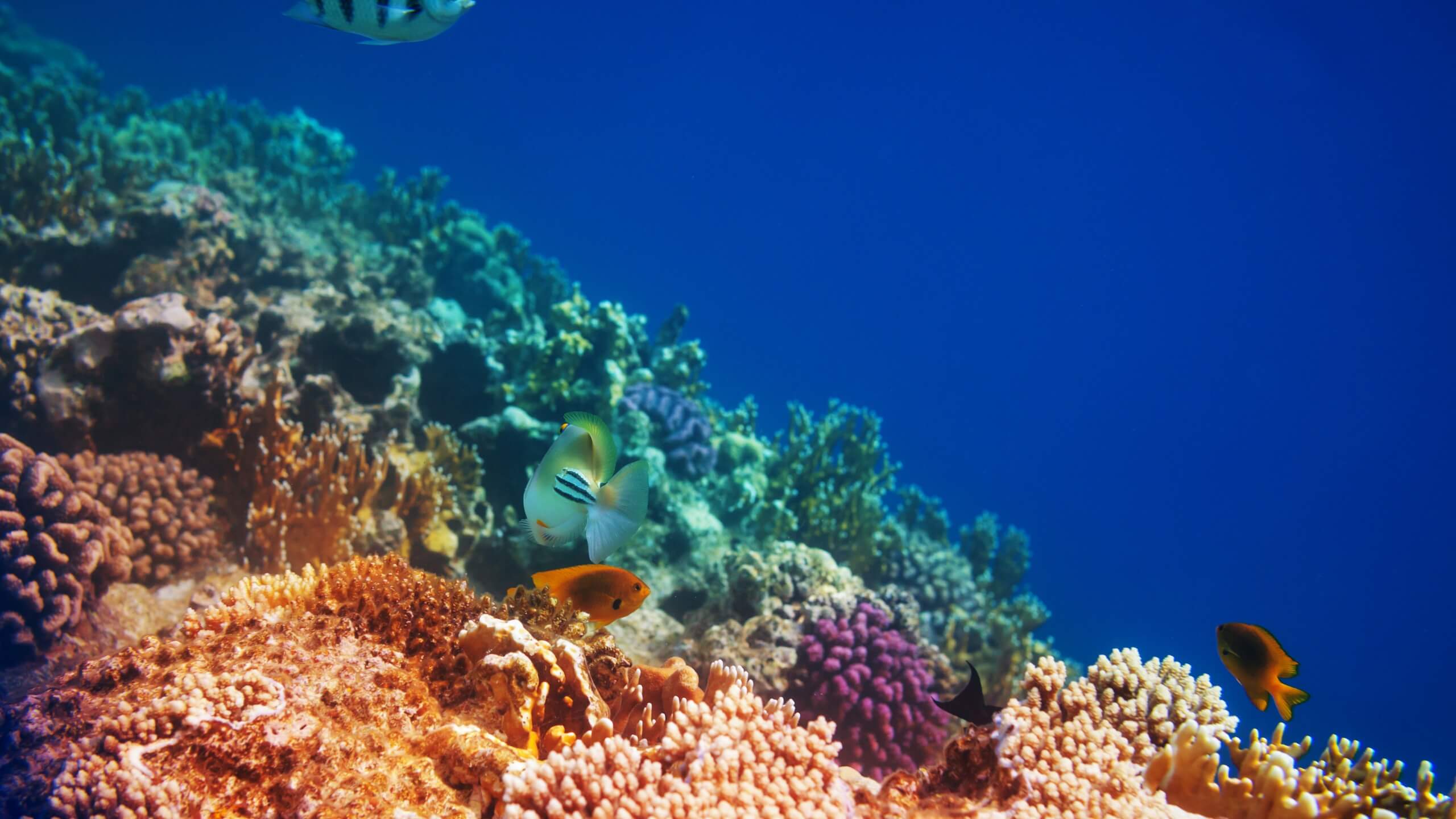
According to the 2001 estimation of the National Marine Fisheries Services, the commercial value of the U.S. fisheries from only coral reefs is more than $100 million per year. While recreational activities based on coral reefs additionally generate $100 per year in the United States.
Besides that, coral reefs act as natural barriers against coastal erosion and storms. It maintains marine biodiversity, keeps our oceans healthy, and also plays a role in climate regulation. It is also a food source for many people living near them, especially on small islands.
The biodiversity of coral reefs is also a subject of medical research and many new medicines have been developed from them to treat diseases, like cancer, heart disease, Alzheimer’s disease, and others.
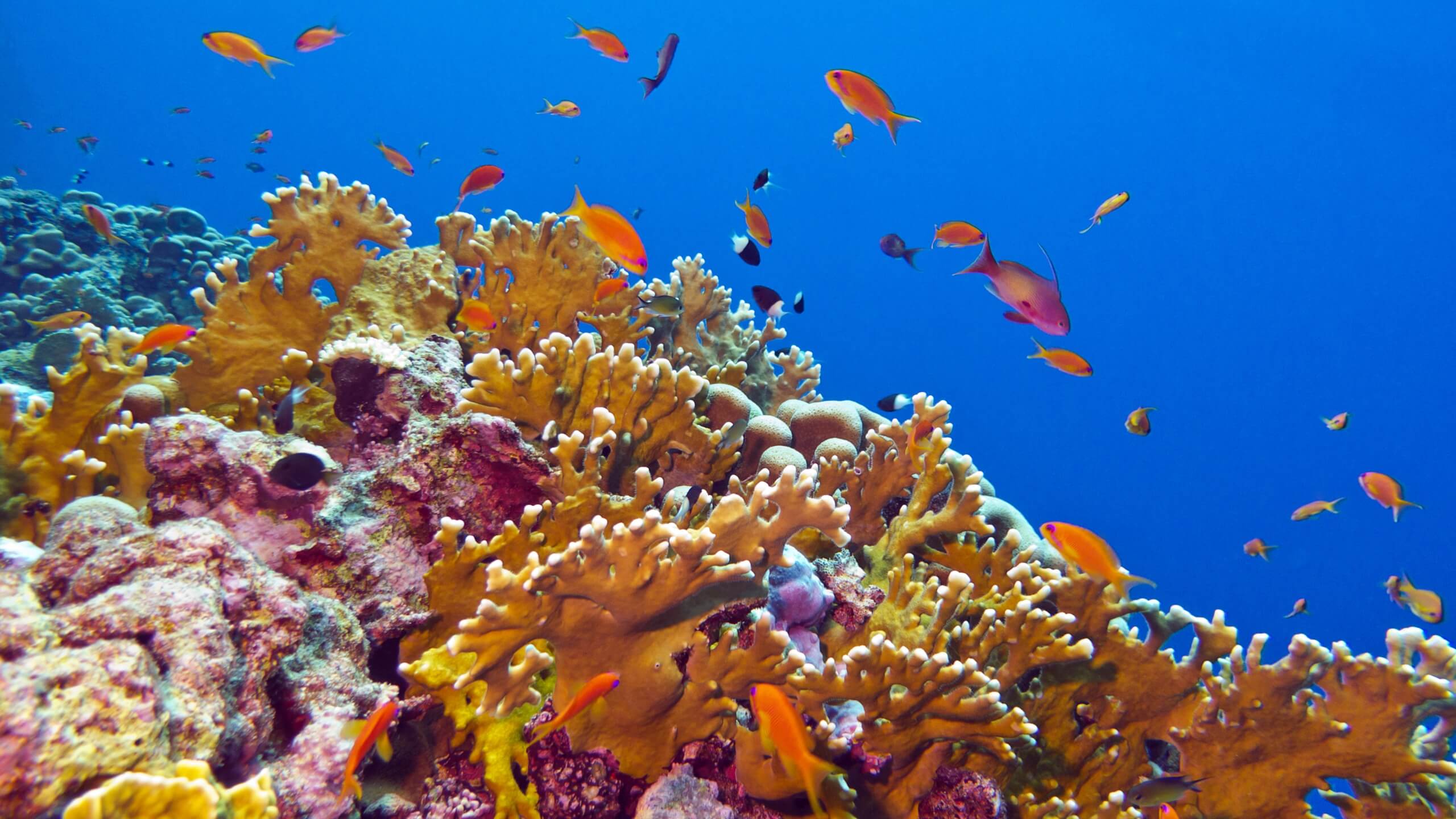
What Would Happen If Coral Reefs Died?
If coral reefs died, it would cause an ecological disaster. Coral reefs provide home and shelter to millions of fish and other marine life species, where they flourish. Without coral reefs, all these species that depend on reefs for survival would become extinct and would lead to the collapse of the entire ecosystem.
It would further have devastating consequences on the coastal communities. With the death of coral reefs, fishing, and tourism opportunities would be reduced and could lead to poverty in those communities.
Coral reefs are also home to many species of photosynthetic algae and other photosynthetic organisms. These organisms absorb carbon dioxide, which they need for photosynthesis, and release oxygen to the atmosphere.
Besides that, coral reefs themself need carbon dioxide to develop their calcium carbonate structure. In this way, coral reefs reduce the atmospheric carbon level and play a role in climate regulation. With their death, we would lose a precious carbon sink and the world would experience an increase in carbon level.
Furthermore, coral reefs act as natural barriers against storms and coastal erosion. In case of their death, the coastlines would experience frequent flood events and massive destruction.
Why Is It Important To Save Coral Reefs?
Coral reefs are a precious part of the ocean ecosystem. They cover less than one percent of our oceans but play a significant role in maintaining marine biodiversity. It provides home and food sources to numerous species of fish and other marine organisms that would otherwise have no place to live and thrive.
Coral reefs absorb CO₂ that it needs for developing the calcium carbonate structure. It is also home to photosynthetic algae and other photosynthetic marine organisms that release a significant amount of oxygen into the atmosphere. In this way, it regulates climate change and helps to reduce the atmospheric carbon level.
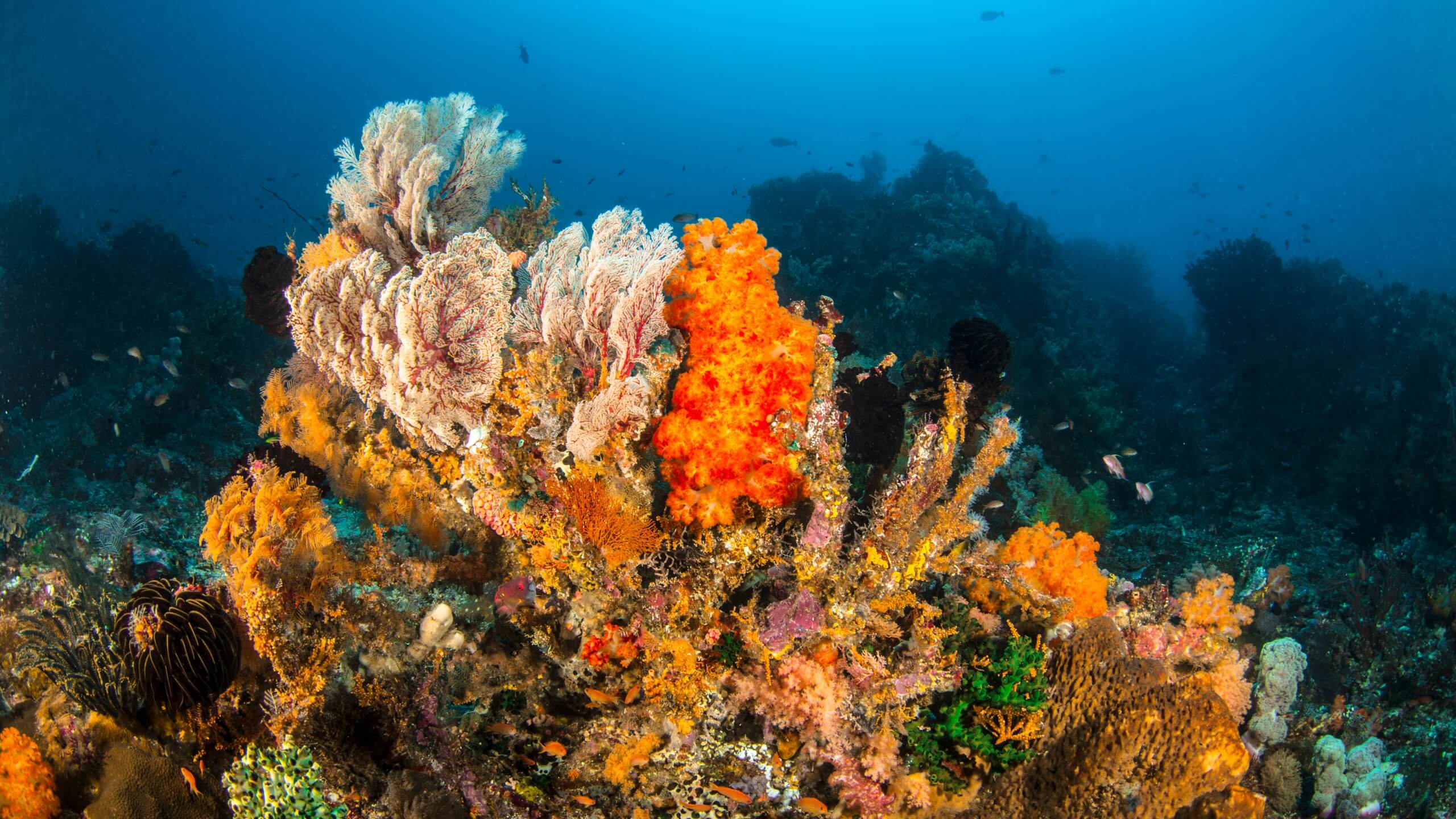
Coral reefs are also a natural barrier against storms and coastal erosion. Climate change is a major issue that is destroying coral reefs. Increasing temperature causes the warming of oceans, which disturbs the symbiotic relationship of coral reefs with algae. The phenomenon is known as “coral bleaching”.
Global warming also causes the acidification of the oceans because of increased levels of CO₂ in ocean water (oceans are a major carbon sink and absorb CO₂ from the atmosphere).
Increased CO₂ level reduces the availability of carbonate ions, which coral reefs need to build their hard calcium carbonate exoskeleton. So it is extremely important to reduce the carbon level and save coral reefs, otherwise, we would lose them and the consequences would be devastating.

